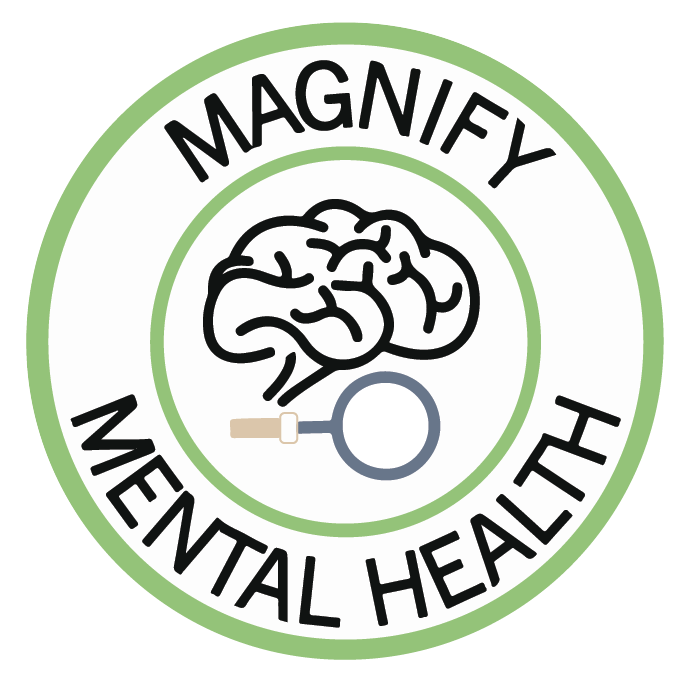Stigma Solutions
Produced by: Shannon Finn
Stigma surrounding mental health makes individuals feel “different” or that “something is wrong with them.” It is important to strike these stigmas and to start the conversation about mental health to ensure that these individuals do not feel alone or different.
Striking The Stigma
While stigma is one of the most talked about issues in mental health, there are mixed opinions about changing stigma surrounding serious mental illness. A survey was conducted to find out what people knew about mental health. Survey respondents were asked to rate themselves on a scale from 1 - 5 how informed they are about mental health. The average answer was 3.5.
Another question asked in the survey was how a person perceived their own knowledge on the topic of mental health. Here was the result.
How Respondents Rate Their Own Mental Health Knowledge

VS.
How Respondents Rate How Much Others Know About Mental Health

The survey results then compared that, to how a person perceived the knowledge of the people around them. The results of that question were starkly different.
There is a large gap between how someone perceives their own knowledge and someone else’s knowledge of mental health. This data shows a lack of uniform education across the board about mental health.
“People give short shrift to mental health care services,” said Wendell Potter, the founder of Tarbell.org said. “They don't think it is as important or they don't value it. Sometimes as much as they do medical care.” Potter spent the early part of his career working in journalism before moving to an executive role in health insurance companies, and now is starting his own journalism start-up.
“It is medical care, it’s just [mental health] treatment that is different from what a medical doctor typically provides,” said Potter.
Dr. Gregory Brusko is the Chief Clinical Officer of Ascension Wisconsin. Ascension is the largest non-profit health system in the United States. Dr. Brusko has had an extensive career in surgery as well as administrative roles in health networks.
“The stigma is dramatically different than it was as little as 15 - 20 years ago,” said Dr. Brusko, “there is a more open discussion and public discussions, such as public television, talk shows and things like that talking about behavioral health.”
More and more on television and radio, celebrities open and people in the public eye open up about their mental health. That sparks discussions across the board on how to improve the availability of mental health services.
“I think the evolution of management, especially on the inpatient side, has evolved considerably,” said Dr. Brusko. Evolution has come from approaches to treating patients’ mental illnesses through trauma-informed care, assessing traumatic experiences that could contribute to a person’s mental health later in life.
Part of the stigma translates to how much is being spent on mental health treatment access in each state. The Kaiser Family Foundation conducted a study, and found the national average has hovered between $100 and $125 per capita spent on treatment access. That means that the expenditure each state is between $100 - $125 per person for treatment access.
The consensus is that the stigma has improved but there is still much work to do. More positive and open conversation about the mental health problem in America that is happening. An increase in funding for treatment access would make treatment more affordable and available, and the continued conversation on the need for that increase in budget can continue to defeat the negative stigma surrounding mental health.
Created/Written by: Ryan Brong


This work is licensed under a Creative Commons Attribution-NonCommercial-NoDerivatives 4.0 International License.

